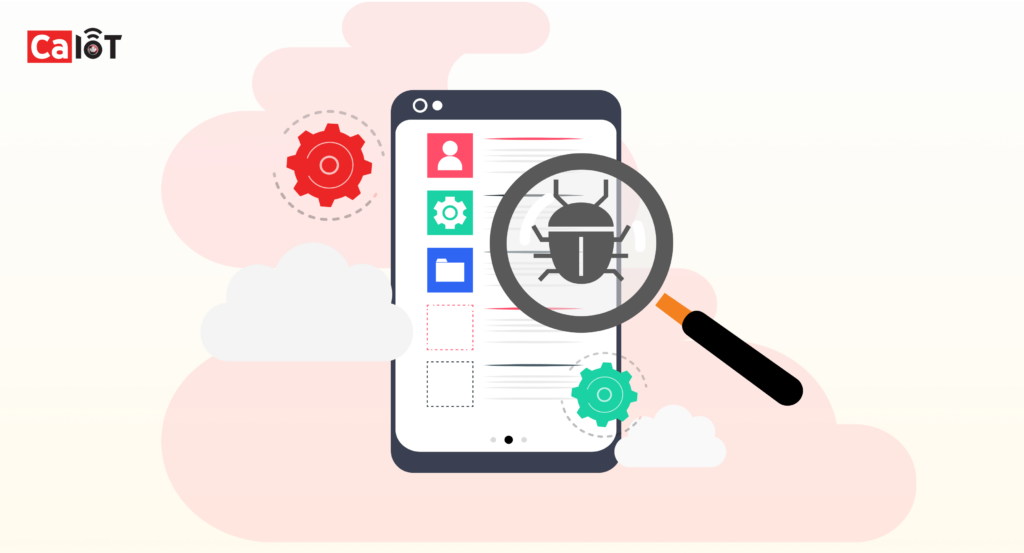In today’s digital age, mobile applications have become an integral part of our lives. As a result, the demand for high-quality mobile apps has increased drastically, and companies are under pressure to deliver top-notch mobile apps quickly. This is where mobile app testing comes into play. Mobile app testing is the process of ensuring that mobile applications function correctly and meet the desired performance criteria.

However, testing mobile applications can be a daunting task, especially when it comes to testing on different devices, operating systems, and networks. This is where mobile cloud testing platforms come into play. Mobile cloud testing is the process of testing mobile applications on a cloud-based platform that simulates real-world mobile testing environments.
Testing mobile applications without using a mobile cloud testing platform can be a detriment to the entire testing process. Let’s take a closer look at the reasons why.
- Latency Testing: One of the significant challenges of mobile app testing is latency testing. Latency is the time it takes for data to travel from the mobile device to the server and back. Testing latency requires a wide range of devices and networks, which can be challenging to set up and maintain. Mobile cloud testing platforms provide a range of devices and networks to test the app’s latency in real-world scenarios.
- Device Cloud: Mobile cloud testing platforms provide a device cloud that allows testing on a wide range of devices, operating systems, and networks. This device cloud makes it easy to test the app’s compatibility on different devices and networks without the need for physical devices.
- Emulators: Emulators are virtual devices that simulate the behavior of a mobile device. While emulators can be useful, they cannot accurately replicate the behavior of a physical device. Mobile cloud testing platforms offer real devices that are available on-demand, ensuring that the app is tested on actual devices. In addition, most mobile cloud testing platforms offer a mix of real devices and emulators, allowing for more customization in the testing process.
- Data: Mobile cloud testing platforms provide access to real-world data such as location, network, and device settings. This data is critical in ensuring that the app works correctly in different scenarios.
- Automation Tools: Mobile cloud testing platforms provide automation tools that make it easy to test the app in different scenarios. These tools can run tests on multiple devices simultaneously, increasing productivity and reducing testing time.
- Cost Reduction: Mobile cloud testing platforms can reduce testing costs significantly. The cost of maintaining an internal infrastructure can be high, and the maintenance cost can be a burden on the project’s budget. Mobile cloud testing platforms eliminate the need for an internal infrastructure, reducing the project’s maintenance cost.
- Scalability: Mobile cloud testing platforms offer scalability, which means that the platform can handle a large number of devices and users simultaneously. This scalability ensures that the app is tested in real-world scenarios with a wide range of devices and networks.
- Increased Productivity: Mobile cloud testing platforms can significantly increase productivity by reducing testing time and allowing testers to focus on other critical aspects of the project.
- Device Coverage: Mobile cloud testing platforms provide access to a wide range of devices, ensuring that the app is tested on all possible devices. This device coverage ensures that the app works correctly on all devices, improving the overall user experience.
- Test Execution: Mobile cloud testing platforms provide the ability to execute tests quickly and efficiently. This quick test execution ensures that the app is tested thoroughly and reduces the chances of defects slipping through the cracks.
Adopting a mobile cloud testing platform can significantly improve the testing process, ensuring that the app is of high quality and meets the desired performance criteria. CaIoT exists specifically to serve that goal.
